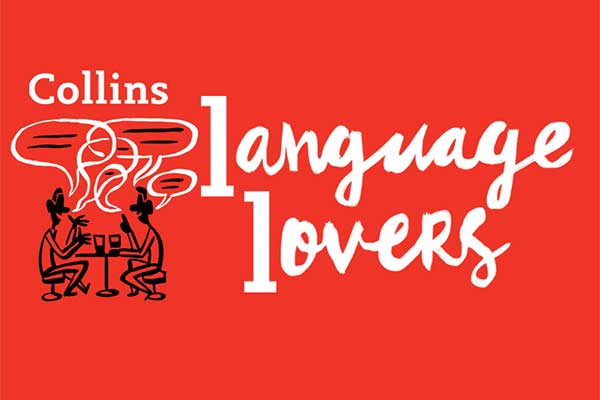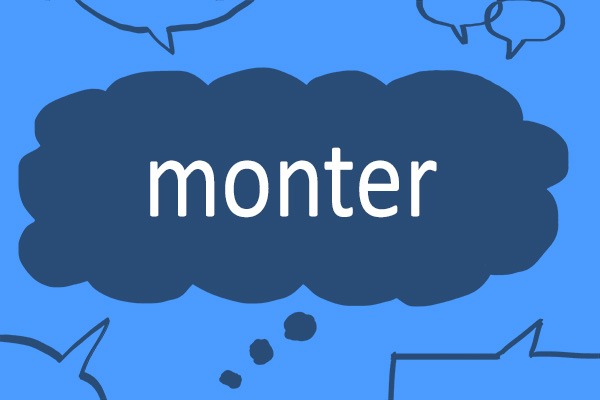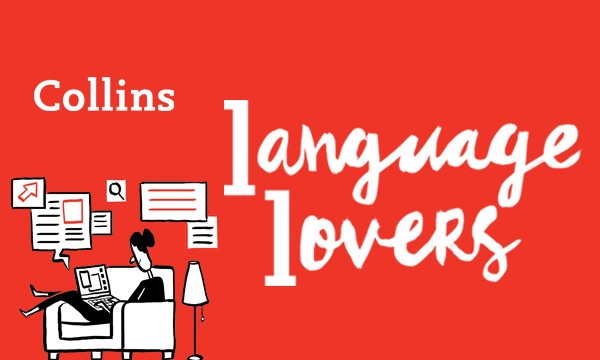This year’s annual National Poetry Day, the thirty-eighth, falls on Thursday 7 October. National Poetry Day (NPD) was founded in 1994 by an arts charity – the Forward Arts Foundation – and has gone from strength to strength, boosting, inter alia, sales of poetry: the graph for poetry book sales shows a sharp peak in the week NPD happens. And I imagine NPD must have inspired Transport for London’s Poem for the Day. National Poetry Day invites people of all ages to join in but is especially targeted at encouraging school pupils to experiment with and enjoy poetry. And who doesn’t love a good poem?
Who is there can rival his kingly standing,
And say like Gilgamesh, ‘It is I am the king’?
Well, as the haughty lines above suggest, humankind has always loved a poem. Mighty among the world’s oldest literature, the Sumerian, stands the Epic of Gilgamesh, which tells the story of the eponymous hero king and demigod. While the king and his story date back well into the third millennium bc, the earliest written versions are from around 2000 bc, enshrined in cuneiform writing, the world’s oldest script.
Not only in world literature does poetry occupy a privileged position. At the dawn of the English canon stands the epic poem Beowulf. And, reputedly, the earliest example of Old English we possess is in the form of a poem. Its purported author was the lay brother Cædmon at Whitby Abbey, then a major religious centre. As the earliest English historian, the Venerable Bede, recounts it, in his sleep Cædmon sang the poem and remembered it perfectly on awaking. He recited it to a group of ‘the more learned men’ of the abbey, who agreed it was divinely inspired. What is certain is that the poem’s mere nine lines sing the praises of the Creator. It begins
Nu scilun herga hefenricæs uard
(‘Now let me (us) praise the keeper of Heaven’s kingdom’)
If poetry was midwife to the birth of written culture, it also features strongly in our own earliest years in a sort of cultural version of the nineteenth-century theory that ‘ontogeny recapitulates phylogeny’. As little children we gurgle and squirm with delight at simple skeins of sound that have rhyme and rhythm, such as nursery rhymes (Hey, diddle, diddle, the cat and the fiddle) or nonsense verse like Lear’s ‘The Owl and the Pussycat’. I cannot be alone in remembering A.A. Milne’s ‘The more it snows | Tiddely-pom’ being read to me and asking endlessly for it to be repeated.
I wonder what your favourite childhood poetic memory is?
In contrast to childish simplicity, sophisticated adult verse has a bewildering variety of forms; one website lists no fewer than 168 – though that is stretching it a bit. The names for the handful of forms described below are mainly from French and Italian, in line with the profound influence those two languages have had on English cultural terms. (Hyperlinks lead to an example of the poetic form in question.)
Sonnet, via Italian from Provençal, meaning literally, ‘a little song’. The rhyme scheme for the Shakespearean sonnet consists of three quatrains (from French) rhyming ABAB CDCD EFEF and a couplet GG.
Quatrains, incidentally, often appear in ballads or poems in ballad metre, such as Coleridge’s ‘The Rime of the Ancient Mariner’. And rhyming couplets are what Chaucer used in the Canterbury Tales.
While a Shakespearean sonnet or two may ring bells in our collective memory, in the plays, rhymed couplets (from French) like Juliet’s below are the exception, used to contrast with blank verse.
Good night, good night. Parting is such sweet sorrow
That I shall say good night till it be morrow.
Blank verse, as used by Marlowe, Shakespeare, Milton, Wordsworth, Browning, etc., consists of lines of five feet, generally in iambic metre, that is, dee-DUM dee-DUM dee-DUM dee-DUM dee-DUM. It was first used in English by Henry Howard, Earl of Surrey (1516/17–1547) who, in addition, has the distinction of being Henry VIII’s last beheading.
A couple of forms to tie the lay, if not the poetic, brain in knots are the sestina (from Italian) and the villanelle (from French from Italian).
The Collins Dictionary defines what a sestina is far better than I could. This highly polished example, ‘A Miracle for Breakfast’, is by Elizabeth Bishop. A villanelle is perhaps simpler. If you take the Collins definition and then plough into Auden’s lugubriously mysterious ‘But I Can’t’ (more often known as ‘If I could tell you’, as on this TFL link), all should become clear.
Do you have a favourite poem? Or, perhaps, several?
If so, 7 October is the day to revel in it/them.
Here’s one of my favourites, declaimed – for poetry is to be listened to, not read – by the great man himself, W.H. Auden: ‘In Memory of W.B. Yeats’ (1939). Note that now almost extinct patrician RP /æ/ in, for example, statues, madness, etc., nowadays replaced by a sound transcribed as /a/. Note also the quatrains in the third section:
Earth, receive an honoured guest;
William Yeats is laid to rest:
Let the Irish vessel lie
Emptied of its poetry.
Wishing you a joyously poetic National Poetry Day.
PS: Oh, I almost forgot. The word poet comes ultimately from the classical Greek ποιητής (literally, ‘maker’, from the verb ποιεῖν, ‘to make, do, create’). In a sort of linguistic virtuous circle, the word maker was used in the same sense in late Middle English but now is current only in its Scots variant, mak(k)ar. And the makar in Scotland is the analogue of the British or US poet laureate.
By Jeremy Butterfield
Jeremy Butterfield is the former Editor-in-Chief of Collins Dictionaries, and editor of the fourth, revised edition of Fowler’s Dictionary of Modern English Usage.
All opinions expressed on this blog are those of the individual writers, and do not necessarily reflect the opinions or policies of Collins, or its parent company, HarperCollins.



